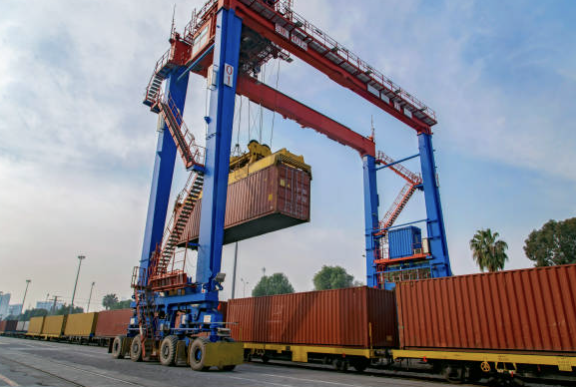
Posted on Thursday, May 9, 2024
Cargo containers are the unsung heroes of global trade. Their standardized design and durability enable seamless transportation across ships, trucks, and trains, reducing shipping costs and enhancing efficiency. From carrying consumer goods to specialty items requiring refrigeration, cargo containers facilitate the movement of goods in the world’s interconnected economy. Behind these vital tools lies the art and science of metal fabrication, which ensures these containers meet stringent standards for strength, weather resistance, and longevity.
Producing cargo containers involves several precise metal fabrication processes. These include:
This process is optimized to meet ISO standards for cargo containers, ensuring they are uniform and fit for global use.
A global logistics company faced increasing demand for environmentally friendly practices. They adopted a fabrication process that incorporated:
The company not only met eco-conscious standards but also gained a competitive edge by appealing to environmentally conscious clients.
The process of metal fabrication in cargo container production underpins the logistics industry. From cutting and welding to assembling durable and standardized containers, it’s a field that continuously evolves to meet the growing demands of global trade. Whether transporting everyday goods or specialized cargo, cargo containers—and the metal fabrication behind them—remain the backbone of global commerce.
This blog post provides a comprehensive look at the intersection of metal fabrication and logistics, highlighting its critical role in shaping the modern world.

Used Purlin Roll Forming Machines for Sale Worldwide
Posted on Sunday, January 25, 2026
Pre-Owned Roll Forming Machines for Purlin & Structural Steel Profiles

Used Roof Panel Roll Forming Machines for Sale Worldwide
Posted on Sunday, January 25, 2026
Pre-Owned Roll Forming Machines for Roofing Panel Production

Used Roll Forming Machines for Sale Worldwide
Posted on Tuesday, January 20, 2026
Pre-Owned Roll Forming Machines with Inspection, Verification & Global Support

Steel Coil Supply for Roll Forming Machines Worldwide
Posted on Tuesday, January 20, 2026
Reliable Steel Coil Supply for Roll Forming, Fabrication & Manufacturing Applications
Copyright 2026 © Machine Matcher.